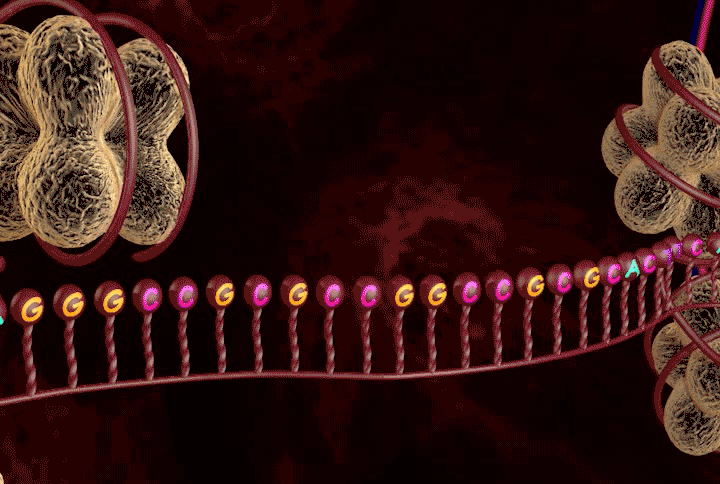Research
Our research interests are to understand how environmental factors, such as micronutrients, influence the activity of epigenetic regulators to control hematopoietic stem cell maintenance and transformation. The Ten-Eleven Translocation (TET) proteins (TET1-3) are Fe2+ and α-ketoglutarate-dependent dioxygenases that oxidize methylated cytosines in the genome, a key intermediate step in the process of DNA demethylation and transcriptional regulation. TET2 loss-of-function mutations are a driving event in hematopoietic malignancies, occurring in up to 30% of patients with myeloid malignancies and clonal hematopoiesis - a pre-malignant state seen in approximately 10% of healthy elderly individuals that increases their risk of progression to acute myeloid leukemia (AML). Using genetic models of reversible TET2 deficiency we have shown that restoring TET2 function can block aberrant hematopoietic stem cell self-renewal and leukemia progression.
Vitamin C is an essential dietary requirement for humans and acts as a cofactor of TET enzymes. High-dose vitamin C treatment can mimic Tet2 restoration by increasing the activity of residual TET proteins in Tet2-deficient mouse models and in human AML cells. Targeted activation of TET2 function using high-dose vitamin C treatment could provide a safe and effective strategy to treat patients with TET2 mutations. These findings highlight the importance of the micronutrient environment in maintaining the activity of critical epigenetic regulators that drive and influence disease progression. Furthermore, targeting the epigenome via micronutrient availability represents a novel therapeutic approach to maintain normal blood cell production and to prevent and treat blood malignancies.
Dietary nutrients are known to have a profound influence on blood cell production and in the progression of cancer. Vitamins and amino acids participate as acceptors and donors of one-carbon metabolism and as cofactors or substrates of epigenetic regulators. Epigenetic dysregulation is a driver of hematopologic malignancy, causing alterations in gene expression, chromatin or DNA methylation states, genomic integrity and tumor heterogeneity.
“There is a continually increasing body of evidence that the optimum intake of vitamin C decreases both the morbidity and mortality with heart disease, cerebrovascular disease, and cancer, as well as infections diseases in general….
…vitamin C is not a wonder drug, a drug that cures a particular disease. It is instead a substance required for the effective operation of many of the essential biochemical and physiological processes that take place in our bodies, and especially of the various mechanisms that protect us against the agents of disease.”
Linus Pauling, Vitamin C, the Common Cold, and the Flu, 1976
Credit: Sandrine Sanchez
